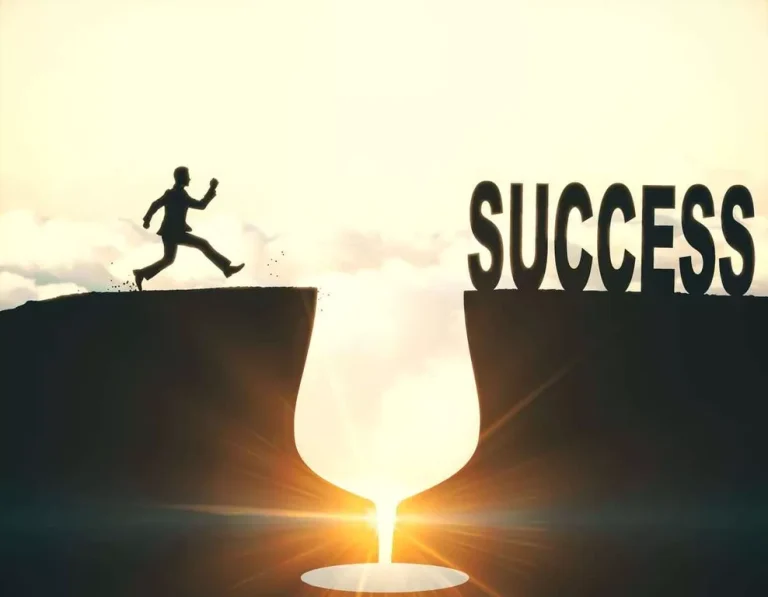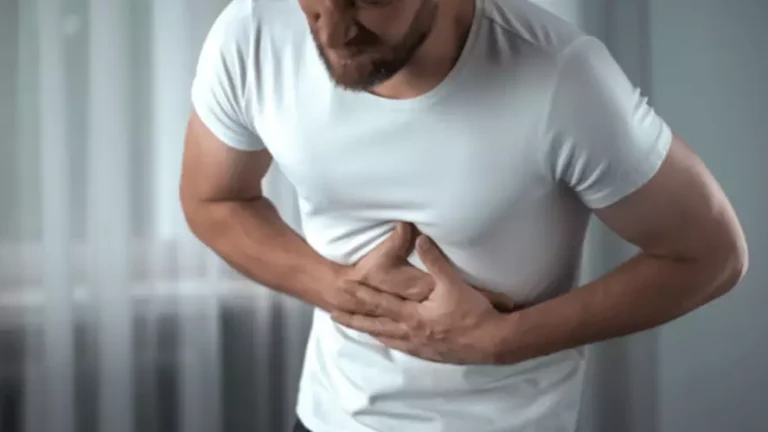The acute alcohol withdrawal timeline and process looks different for everyone, and the symptoms can range from uncomfortable to potentially dangerous. These symptoms of acute alcohol withdrawal can include alcohol shakes, nausea, delirium tremens, hallucinations, and more. Reducing the risk of relapse in addiction recovery is intricately tied to building a supportive environment that fosters well-being and sustains positive behavioral changes. A robust support system plays a pivotal role in an individual’s journey towards recovery. This support can come from family, friends, support groups, or a combination of these, offering encouragement, understanding, and a sense of belonging.
What are The 6 Stages of Alcohol Recovery
Although addiction is widely recognized as an illness, it can cause deep-seated feelings of shame. Healing from shame can help families cope with an addicted loved one. Shift perspective to see relapse and other “failures” as opportunities to learn.
- However, knowing that you may not experience all the symptoms exactly is essential.
- This can mean entering a treatment program, attending support groups, or making lifestyle changes.
- For light or moderate drinking, you might experience a more temporary, mild effect on mood.
- Understanding these stages helps you know what to expect if you or a loved one are ready to stop drinking.
- A third is establishing and maintaining a strong sense of connection to others; support helps people stay on track, and it helps retune the neural circuits of desire and goal-pursuit.
You May Feel Happier
- This involves recognizing that overcoming alcohol addiction is not something that can be achieved alone.
- It’s easier to walk down a difficult path if you know where it leads.
- This may include engaging in regular exercise, pursuing hobbies and interests, and practicing stress-management techniques such as meditation or therapy.
- While some alcoholics progress through the first five stages of recovery in a linear fashion, many do not.
- Doing a cost-benefit analysis to weigh the benefits of alcohol use against the cons and costs can sometimes help a person find clarity at this stage.
- When you are in stage four, you are taking action towards recovery and sobriety.
This stage is a critical step towards achieving sobriety and lays the foundation for further treatment and rehabilitation. Alcohol recovery is of utmost importance for individuals struggling with alcohol addiction. stages of alcoholic recovery It offers an opportunity to break free from the destructive cycle of alcohol abuse and regain control over one’s life. Recovery not only improves physical health but also enhances mental and emotional well-being.
What Happens When You Stop Drinking Alcohol?
Even so, they aren’t quite ready to take the necessary steps to change their behaviors. They might weigh the pros and cons of drinking while continuing to try to self-moderate their alcohol consumption. If you or someone you know might need help with recovery from alcohol dependence, please call us to explore treatment options and discuss alcohol addiction recovery. These support groups and their recovery Steps provide social support to people when they need it.
According to the National Institute on Alcohol Abuse and Alcoholism (NIAAA), recovery is a process that involves remission from AUD and quitting heavy drinking for good. If you think you may have a drinking problem, you’re definitely not alone. In 2021, researchers https://ecosoberhouse.com/ estimated nearly 30 million people ages 12 years and older in the United States had alcohol use disorder (AUD). If you develop a lingering cough, speak with your healthcare provider to ensure that you haven’t developed complications like pneumonia.
Your Body Starts to Detox

It can make a significant difference to remove alcohol from your immediate environment as much as possible. If you have less accessibility to alcohol, you’ll have an easier time creating new lifestyle habits that don’t involve drinking. Conversely, the more readily available you can make replacement drinks (like building an alcohol-free cocktail bar), the more likely you are to choose these healthier alternatives. In brief, we understand that feeling good after the first few months might seem like an appropriate time to pull back from your sobriety or moderation toolkit, but we encourage you to instead lean in.

